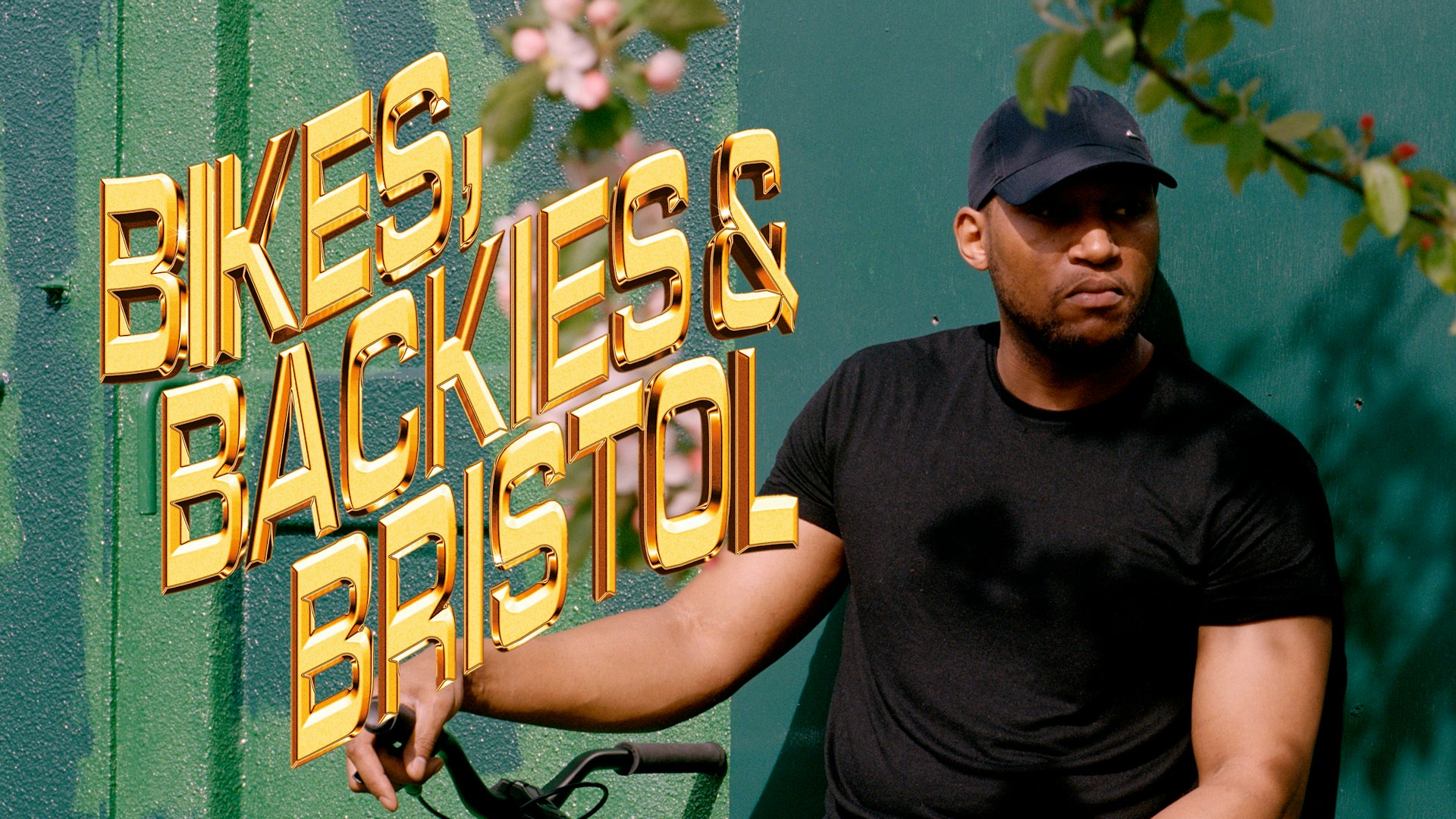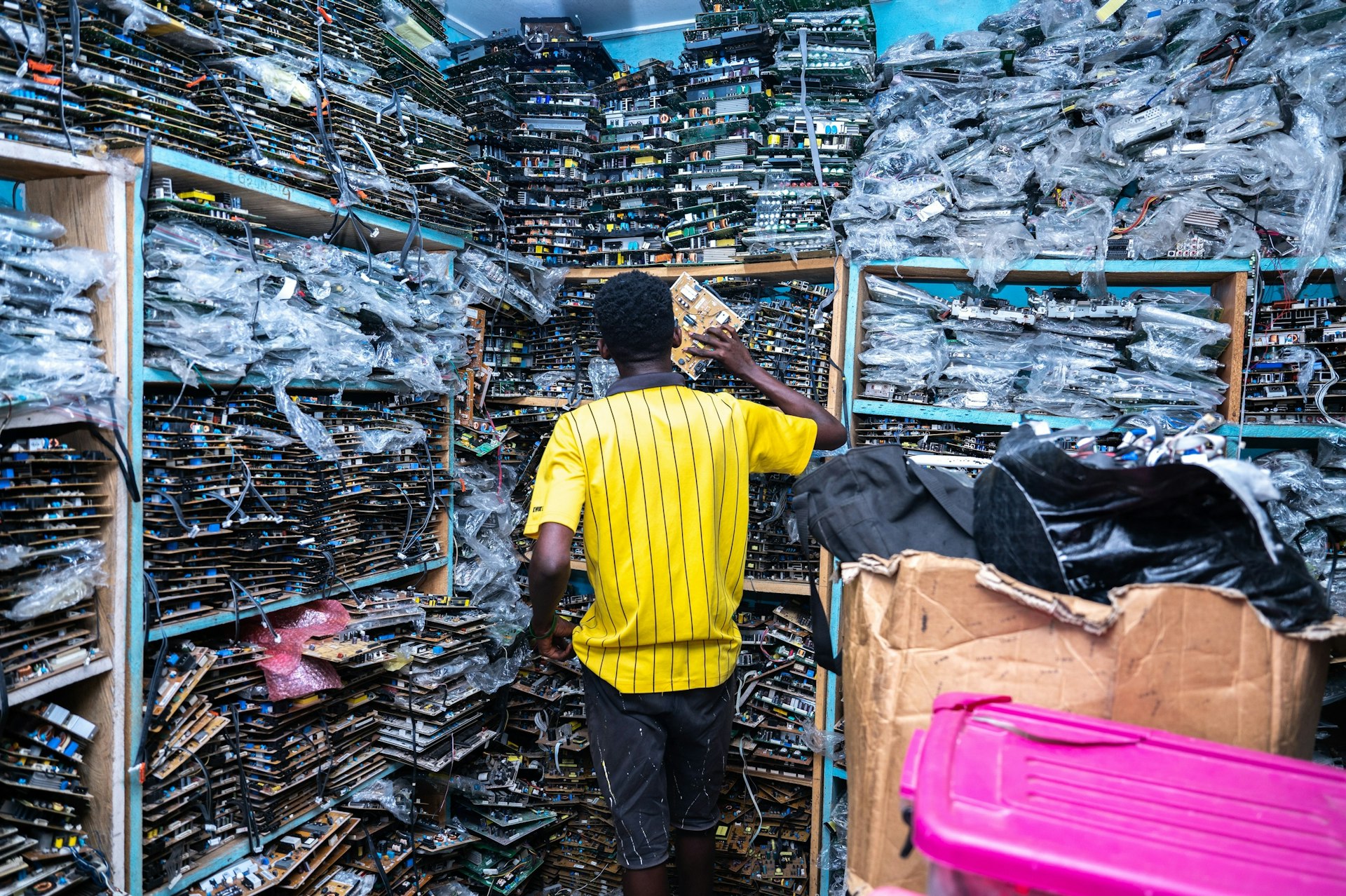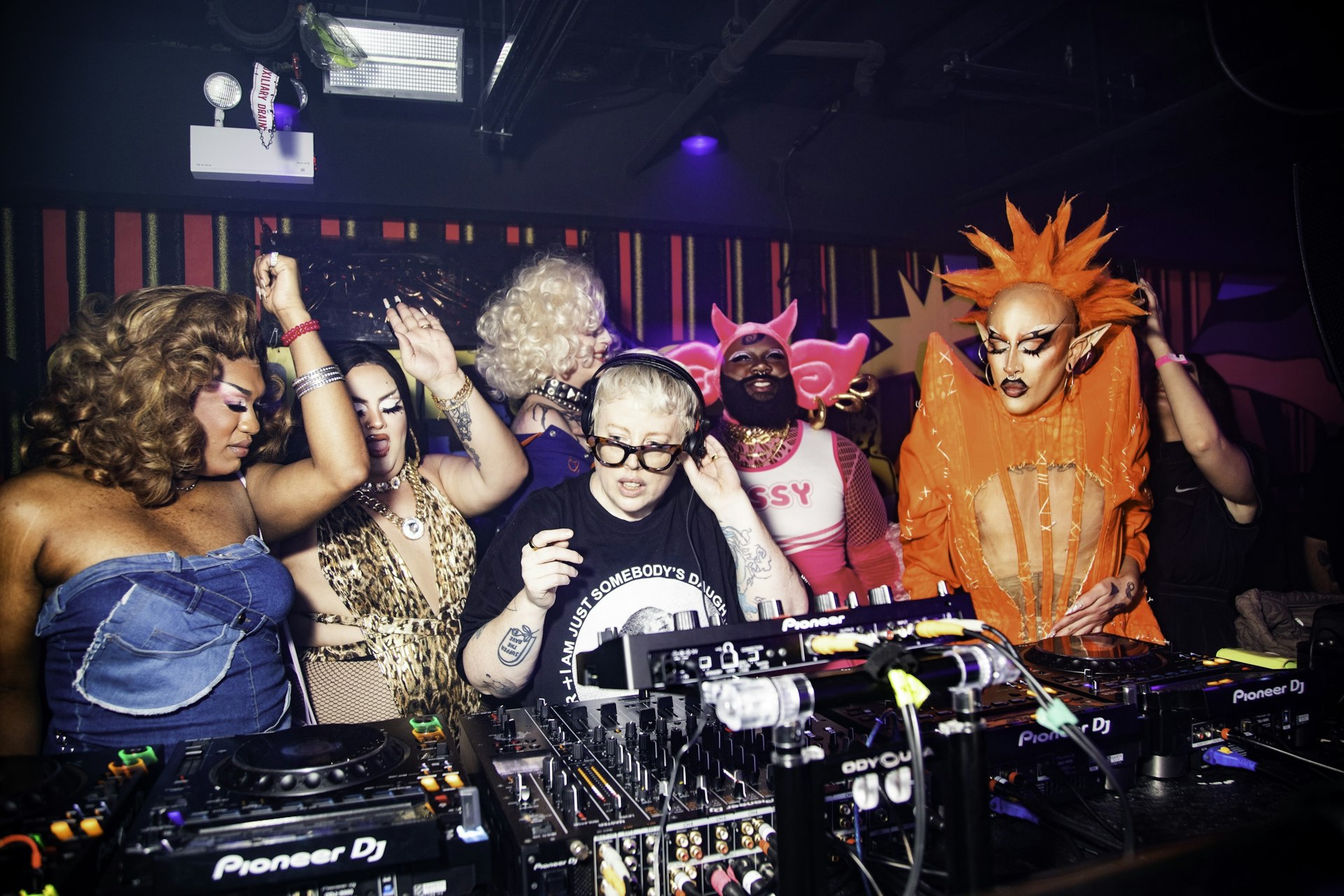Korea Advice: How Seoul is wrestling with Food Waste
- Text by Rhian Daly
- Illustrations by Sarah Cliff

To walk through Seoul is to be surrounded by constant paradox. Old palaces and remnants of the city’s ancient fortress walls are loomed over by shiny, modern office buildings. Within some of those towering structures lie companies that have contributed to South Korea becoming the third most technologically advanced country in the world, creating everything from a ‘rollable’ flexible TV to robots that can deliver items in hospitals contact- free, cutting down the transmission of infections. Yet, on the streets below, it often feels like a mission to find something as simple as a bin to drop your rubbish in.
One October morning, after polishing off a store-bought, on-the-go breakfast of triangle kimbap in Seoul’s Gwanghwamun Square, I come up against precisely that struggle. Shoving the leftover plastic in my bag, hoping the shards of dried seaweed in the wrapper don’t spill out, presents yet another contradiction – the scarcity of receptacles to discard trash is at great odds with the huge leaps Korea has made in reducing its waste – particularly leftover food. In 1995, the country recycled only two per cent of its food waste – one of the lowest figures in the world. By 2012, though, that position had been almost completely reversed, the amount of recycled leftovers skyrocketing to 95 per cent. Thanks to the pandemic, that number has since dropped slightly to 90 per cent, but it’s still an incredibly impressive feat given the situation less than 30 years ago.
“Before 1995, with food waste in Korea, we usually gave the rest of the food to the animals or put it in the ground or burned it, which caused lots of problems,” Mi-hwa Kim tells me, sitting on the opposite side of a fold-out table in a modest office not far from my breakfast spot. She is the chairman of the board of the Korea Zero Waste Movement Network (KZWMN), an organisation she founded to campaign for new measures in recycling and waste reduction, and to help educate the public on the need for such initiatives.
She uses 1995 as a benchmark because that year the Korean government introduced a “pay-as- you-throw” policy, forcing residents and businesses to separate their trash into bags and charging them for all waste they produced. “The public complained, though, and protested the government,” Mi-hwa Kim says, noting that the scheme made it so those not separating rubbish could face hefty fines. Although the KZWMN wasn’t involved in the conception of this policy, 10 years later they were involved in another impactful decision from the government – banning the dumping of food waste in landfills.
In 2013, government policy mandated that food waste was separated from all general waste. Once residents have separated their food scraps from other rubbish, they put them in radio-frequency identification (RFID) electronic bins – big solar-powered, orange metal lumps, some of which have weathered attempts to make cute with cartoon animals, that carefully monitor and keep track of your food-throwing activity. These smart devices weigh out the waste and, via residents’ unique microchipped cards, calculate how much each person must pay for what they’ve discarded (the average is around £5 per family per month).


For Melissa Garcia, an expat originally from New York, first using these bins was a little jarring. “It takes a while to get into the habit of separating food waste when you first move here, but also getting used to the idea that what you’re throwing out is being monitored is a bit strange,” she says. “I do think more needs to be done for the environment, but I don’t know if it’s necessary to sacrifice your privacy to do so.”
The RFID bins have significantly contributed to Korea’s efforts in lowering food waste, largely because they hold the public financially accountable. “But they’re not consistent – sometimes how well the scheme works rolls back,” Kim explains. “So it’s partially efficient, but in order to make it more effective, the government should increase the expense, otherwise people don’t care about it so much.”
The expenses associated with the pay-as-you-throw policy have already nudged some residents into home composting and urban farming. Drying out coffee grounds and crushing eggshells into fine pieces before burying them in plots in the garden might sound like a lot of effort, but for some, it's preferable to dealing with buying increasingly expensive waste bags and paying out for disposing of their scraps – plus, they can use the compost they create to grow their own vegetables.
Still, most people rely on the RFID bins, and once food waste has been collected from them, it gets turned into one of three things – animal feed, fertiliser, and bioenergy. Feed is currently the most common, accounting for 51 per cent of food waste recycling, but not everyone is happy with this. “There are complaints about the smell and farmers don’t like to use it so much because they think it causes things like avian flu,” says Kim. Changes to the farming system mean that less and less fertiliser is being used, meaning food waste being recycled into the product is essentially still being wasted. Instead, the KZWMN is campaigning for improvements to be made in the bioenergy field so that it can become the dominant result of food recycling. In a few weeks, Kim will go to parliament to hold discussions on this.
Linus Kim is owner of Linus’ Bama Style BBQ restaurant in the Itaewon area of Seoul and, from a restaurateur’s point of view, would love the food waste recycling scheme to be updated. “For the 11 years I’ve lived in Korea there has always been mandatory food recycling,” he explains.
“I’ve had the restaurant since 2014, and it’s just always been that way so I'm pretty used to it. The thing that I do have gripes about is the extreme low tech system they have for trash in Korea. You need to purchase certified trash bags.” These 120 litre, large capacity orange bags require stickers that are placed on the outside of the bin and it’s easy for an employee to misplace an entire or partial sheet of these stickers, which aren’t exactly cheap. “We typically spend 336,000 Won (£208) each time we order a sheet of food waste stickers from the government, which usually lasts us 1-1.5 months,” the restaurateur says. “I’d rather it be a monthly membership, using QR codes or some technology so that things like this don’t happen,” he concludes. “In the end, I’d of course rather not have the extra expense of food trash altogether.”



As Korea has become more economically stable since the late ’90s and income has grown, eating out has become far more prevalent. That might be nice for the hard-working public and good for the restaurant industry, but it’s also had a knock-on effect on the amount of food waste created.
Go to any traditional restaurant in Korea and you’ll be presented with an array of complimentary side dishes alongside whatever you’ve ordered. Typically, these include kimchi, a variety of vegetables, perilla leaves, salads, and more. These are known as banchan and are a massive part of Korean food culture. But more restaurant customers means more banchan served – and a ton more unnecessary waste. Rarely will every plate of banchan be consumed, the many leftovers destined for the bin. Mi-hwa Kim of KZWMN hopes to see restaurants adopt a Western one-plate serving style to reduce that waste but says it’s hard to convince restaurateurs to do so. “We’ve suggested providing just basic banchan – so if you order something like soybean stew, just give them rice with the stew only,” she says. “If they want more, then charge them. But restaurant owners claim if they do that, people won’t visit the restaurants.” “Oh boy, that’s a tough one,” laughs Linus Kim when this idea is put to him. “I actually find that many Korean restaurants serve smaller servings of banchan as it is – especially with general cost of food rising a lot due to inflation, unfavourable currency rates, shipping and fuel costs happening – dear Lord, take your pick! Culturally I think they’re going to have a hard time convincing customers to not expect extra portions of banchan. My grandmother would’ve been flipping tables if she heard about restaurants where they charged for individual banchan, but I guess eventually necessity for common good wins over.”
Although the KZWMN will continue campaigning for ways to reduce food waste and beyond – last year, they signed the Food Delivery Disposable Container and Food Waste Reduction Business Agreement with the Ministry of Environment, which stops customers purchasing food through some delivery apps being sent banchan – Mi-hwa Kim doesn’t see the country being able to live up to the organisation’s name. “It would be ideal, but it’s impossible,” she says. “The Korean government aims to reduce a lot up until 2050, so it will be decreased more in the future, but not completely zero per cent.”
Even if it’s impossible to get to a point where there’s no food waste, efforts to get as close as possible are still important, particularly as the global climate crisis worsens. Food waste causes greenhouse gas emissions and leachate, a liquid byproduct of food waste, pollutes soil and water. “Recycling food waste helps neutralise carbon dioxide emissions,” she explains, “so if every country tries this method, then that would impact the climate crisis a lot.”
This story was originally published in Sandwich Magazine Issue 6: The Leftovers Issue. You can buy the latest issue here or follow Sandwich on Instagram.
Latest on Huck

How riding his bike creates harmony for Joker and his music
The iconic record producer talks bikes, backies and Bristol in a rare interview for the latest edition of Huck.
Written by: Tomas Fraser

The legendary trans artist & illustrator behind Drag magazine
A new book brings together pioneer Vicky West’s luminous illustrations of fantasy, femininity and fashion.
Written by: Miss Rosen

Why did police taser a Bristol grandfather in the face?
Trailblazing documentary I Am Judah chronicles community champion Ras Judah Adunbi’s horrific treatment at the hands of the police and his fight for justice.
Written by: Maisy Hunter

In photos: Ghana’s complex e-waste industry
A new exhibition explores the country’s huge, unregulated industry, which can be hazardous to workers’ health and the local enviroment, yet provides economic opportunity to many.
Written by: Isaac Muk

Meet Corbin Shaw, Huck 81’s Artist in Residence
The Sheffield born artist talks about the people and places that shaped his practice for the latest issue of Huck.
Written by: Josh Jones

The Blessed Madonna: “Dance music flourishes in times of difficulty”
The DJ talks about her debut album ‘Godspeed’, connection and resistance on the dance floor, the US election and more alongside exclusive pictures from her album release party.
Written by: Ben Smoke